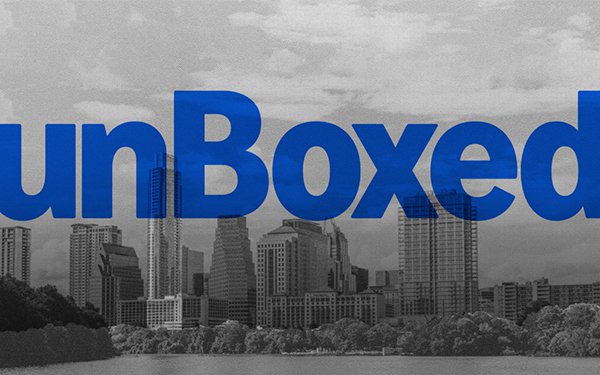
Interesting how "simplify" has become a buzzword across
advertising as the technology it runs on continues to become more complex.
Amazon on Tuesday announced the overhaul of its DSP, which now supports a simplified version of streamlined campaign
planning and optimization, as well as much more automation for a variety of features such as frequency caps.
The changes -- revealed Tuesday at its annual UnBoxed conference in Texas --
focus on improving the effectiveness of digital advertising campaigns through a new user interface, machine-learning optimization for campaigns, and interoperability across Amazon's advertising
technology.
Consumer attention has become scattered across devices, making it more difficult for advertisers to execute full-funnel campaigns across channels and formats.
Technology
has stepped in to support this change, but marketers still need to focus on evolving techniques, trends and markets.
advertisement
advertisement
Vice President of Amazon Ads Kelly MacLean highlighted the evolution
of the digital advertising landscape and emphasized the need for technology to simplify campaign planning and optimization.
The updated Amazon DSP promises to offer advertisers precise
audience targeting across Amazon properties and external platforms, including streaming services and premium publishers.
The simplified workflow experience should enable campaign creation in
just a few clicks, the company said.
In early tests, the new display line-item feature reduced campaign setup time by 75%. This feature combines desktop, mobile, and app display inventory into
a single line item, making it easier to launch and monitor reporting.
Mustafa Suleyman, Microsoft AI CEO, also recently spoke about simplifying processes. He and his team have begun to rethink
the way Bing search and AI work. In a post on X, he noted a focus on simplicity and commended the Bing team -- which “unshipped 27 features” -- and called the team “brave” for
taking the initiative to “undo complexity” in the platform.
When Amazon advertisers visit their campaign health overview page they will see insight cards and machine-learning
recommendations to help audit campaign performance and make adjustments.
For example, an advertiser may see an insight card that shows their campaign does not perform well. They can review the
recommendations and click to automatically apply them.
Amazon DSP plans to expand and centralize these cards in a new campaign management hub in 2025.
Other significant key features
announced are frequency cap controls and reporting that were announced are intended to simplify frequency management.
Advertisers now have frequency groups to manage frequency caps across
multiple campaigns, channels and devices.
Advertisers that have tested frequency controls have saved up to 26% of their campaign budgets from spending on duplicate impressions and drove up to
21% incremental reach, according to Amazon.
Amazon Ads has also launched an ads data manager so advertisers can securely upload targeting signals once, and then use them across Amazon DSP and
Amazon Marketing Cloud (AMC).
These are integrated with providers like Treasure Data, Salesforce, and Tealium, so advertisers can import their first-party data from wherever they store it.
It will allow advertisers create custom audiences for their business goals, then overlay them with signals from Amazon Ads and third-party publishers to increase their efficacy. Direct
collaboration creates a new way for advertisers to launch enhanced deals with premium third-party publishers using their custom audience for precise signals from publishers and Amazon Ads to increase
relevancy and campaign performance.
Enhancements to Performance+ -- an automated optimization capability within Amazon DSP -- use signals from the advertiser to automate audience relevancy and
campaign optimization for lower-funnel goals, like conversion and customer acquisition.
It sets up campaigns, builds custom audiences, and continuously optimizes toward the advertiser’s
stated KPIs. The tool is running an open beta.
Amazon said Fiverr, a company connecting businesses with freelancers, used Performance+ to drive automated performance.
Within a month,
Amazon said, Fiverr saw a 66% reduction in CPA vs. goal target and a 72% increase in click through rate vs. campaign average benchmarks.